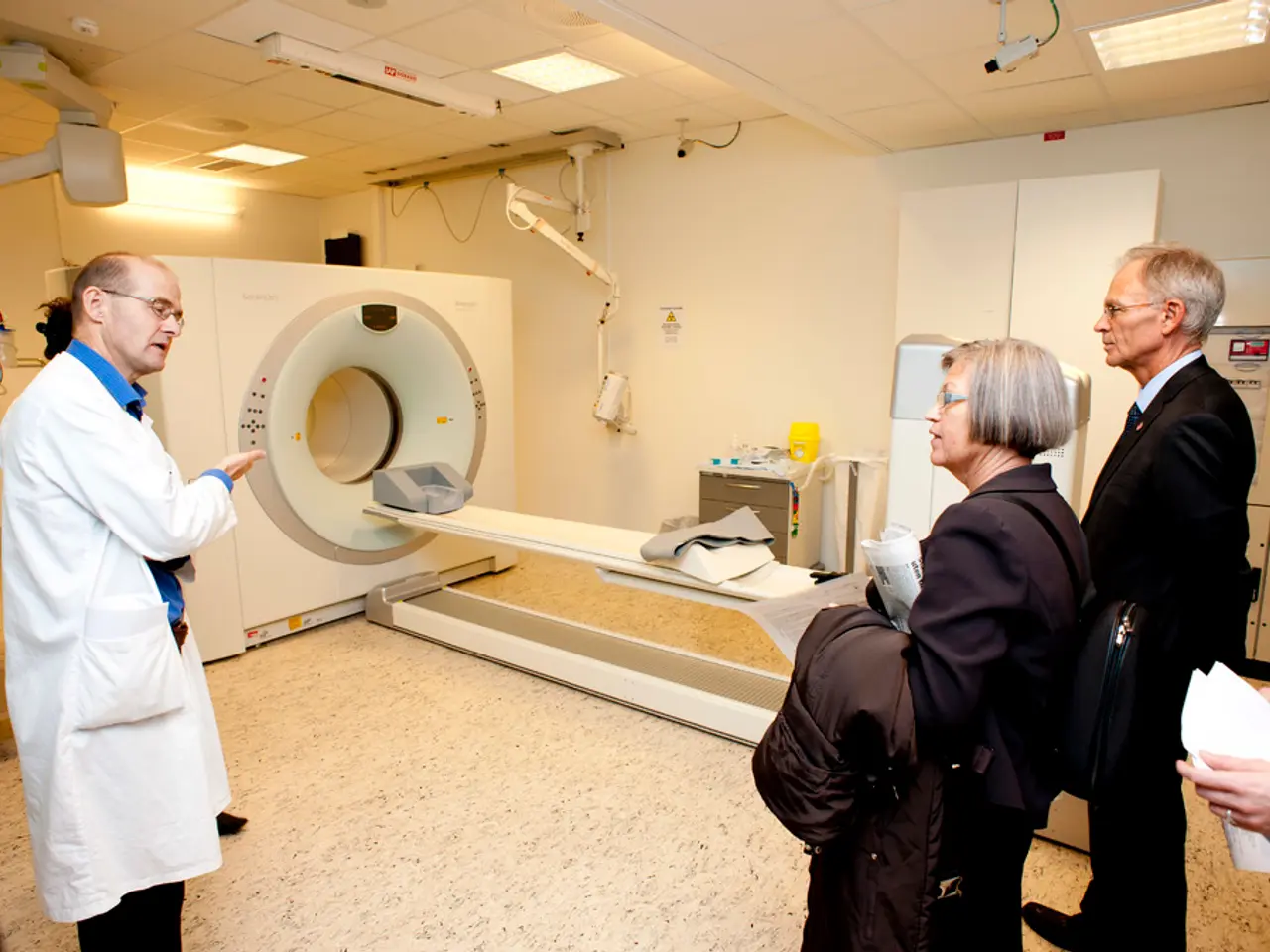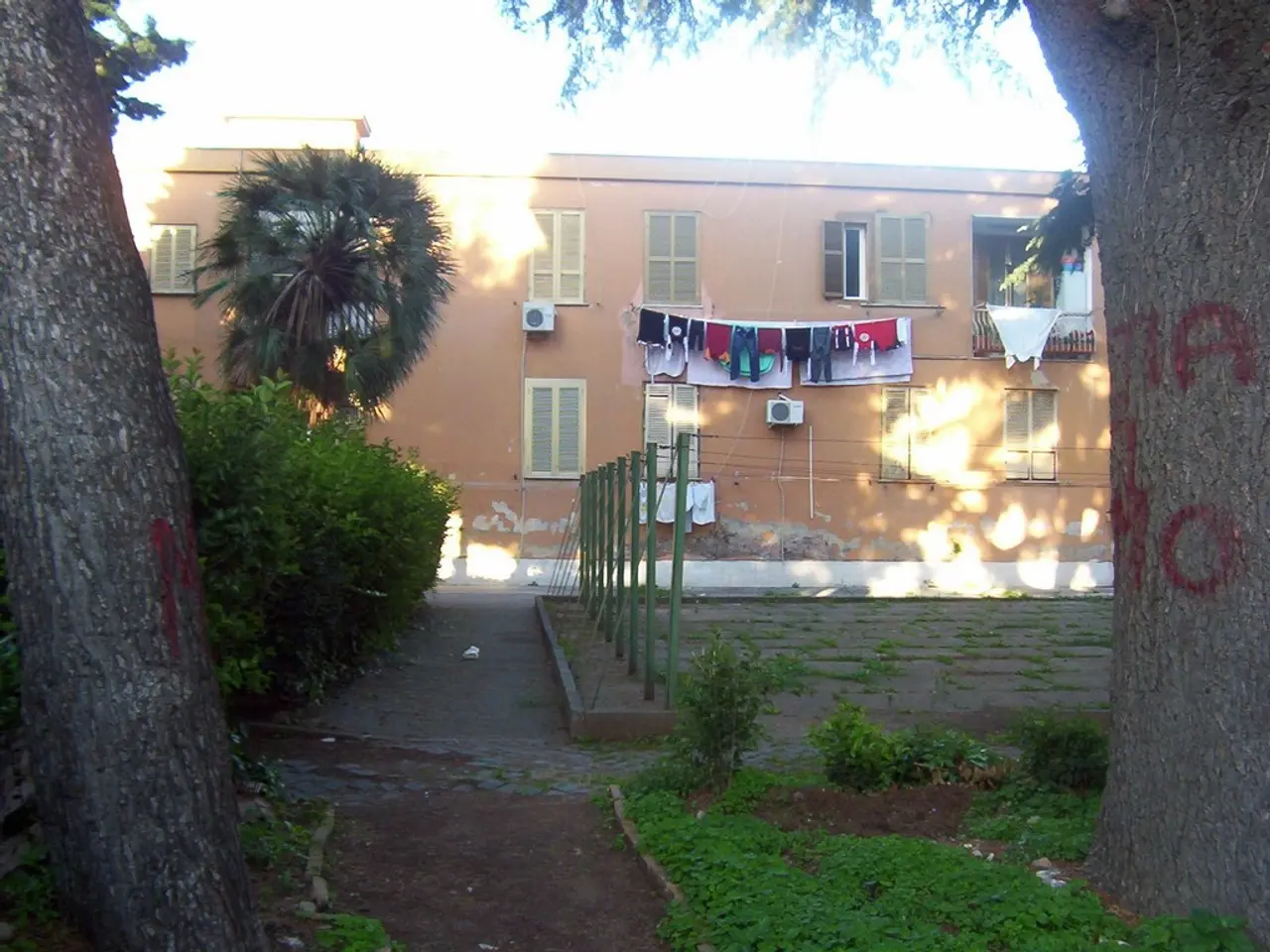Senator Go advocates for the Department of Health to settle outstanding payments with hospitals.
In a recent development, Senator Christopher "Bong" Go, who chairs the Senate Committee on Health, has expressed concern over the potential temporary suspension or slowdown in private hospitals accepting guarantee letters for government-subsidized patient medical expenses. This decision, if implemented, could pose a significant challenge for financially struggling patients who rely on such assistance for their hospital bills.
The root of this issue lies with the Medical Assistance for Indigent and Financially Incapacitated Patients (MAIFIP) program, which is experiencing delays in payments to private hospitals. These delays, according to Go, could potentially cost lives as hospitals face operational challenges due to mounting collectibles.
The primary concern is the slow processing of reimbursements by the government. A total of 43 hospitals in Batangas, for instance, have pending payments amounting to around P480 million. Some delays are attributed to incomplete or missing documentation required for payment processing, with 39 hospitals in Batangas currently facing such issues.
Hospitals fear that if payments continue to be delayed, their funds might deplete, leading to an inability to operate effectively. Go has called on the Department of Health (DOH) to prioritize the settlement of outstanding balances with private hospitals to prevent such a scenario.
Go has also pressed the DOH to clarify why the payments are taking so long and where the delay is occurring. He has questioned whether the funds are being prioritized by the DOH or the Department of Budget and Management (DBM). The total amount of government payables to hospitals under the MAIFIP program has reached P530 million.
Go emphasized that the funds being withheld are public funds meant to serve the people, especially the poor and sick. He has reminded of the real-world consequences of bureaucratic inaction, stating that every minute of delay could potentially cost a life.
In response, the DOH has assured that it has sufficient funds to settle claims with private hospitals, emphasizing the need for hospitals to complete necessary documentation to expedite payments. DOH hospitals do not require guarantee letters, relying instead on their budget, PhilHealth reimbursements, and MAIFIP for patient care.
Go's appeals come as he emphasizes that the funds should be returned to the public through proper medical assistance. The senator has urged the DOH to provide transparency on the root cause of the delays in payments to ensure that the public's best interests are being served.
- The government's slow processing of reimbursements from the Medical Assistance for Indigent and Financially Incapacitated Patients (MAIFIP) program is a critical concern, as Senator Christopher "Bong" Go has pointed out, given that the delays could potentially cost lives.
- The problem of delayed payments by the government to private hospitals, amounting to around P530 million, is causing distress among hospitals, as they fear their funds might deplete, making it challenging for them to function efficiently.
- Senator Go has advocated for the Department of Health (DOH) to prioritize settling outstanding balances with private hospitals and to provide transparency on the reasons for the delays in payments, emphasizing that these public funds are intended for the health and wellness of the nation, particularly the financially incapacitated and those with medical-conditions.




